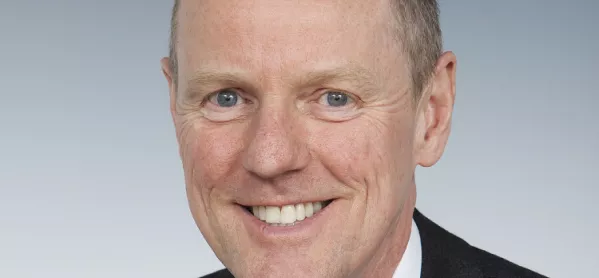The government is proposing to expand the number of grammar schools drastically in England in response to widespread resistance from schools to offering all pupils an academic curriculum, Nick Gibb has said.
The schools minister stated that opposition from schools, particularly in poorer areas, to entering their pupils for the English Baccalaureate - the suite of traditional academic subjects - was one of the key reasons behind the controversial policy.
Enabling a grammar school to open in areas such as Knowsley, in Merseyside, would act as a “catalyst” for poorer students to study the humanities, sciences and languages, he said.
Speaking at a fringe event at the Conservative Party Conference in Birmingham, Mr Gibb said that not enough children were being offered a “broad and balanced” curriculum, despite government attempts to require it.
“We still get resistance to the EBacc right across the education system - there is resistance to the concept of an academic education for all children,” he said. “There’s particularly resistance for an academic education for children from a poor and disadvantaged background. I still hear, ‘This isn’t relevant to the pupils in my school.’”
‘Utterly inconsistent’
Such a perception among heads and their teachers gave rise to situations such as those in Knowsley, Blackpool and the Isle of Wight, where a “tiny minority” of pupils were entered for a more academic curriculum.
“That is why we want to permit the establishment of grammar schools - not in every town in the country, not one in four schools becoming a grammar school, not a binary system we had in the 1950s and 1960s - but a permissive ability to place a grammar school in areas where for decades they have resisted a quality academic education for children from poorer families,” he said.
“That’s what this is - it’s a catalyst. It’s about challenge and particularly in those areas that have resisted a proper education for children from poorer families.”
But Dr Becky Allen, director of Education Datalab, branded his argument as “utterly inconsistent”, and argued that the government should provide teachers with the resources to deliver the EBacc policy.
“To place a grammar school in a place like Knowsley gives a minority of children, many of whom would have had an academic curriculum in any case, an access to an academic curriculum,” she said. “What about everyone else?”
Malcolm Trobe, interim general secretary of the Association of School and College Leaders, warned that the proposals to expand selective education were based on “nostalgia” rather than evidence.
Want to keep up with the latest education news and opinion? Follow TES on Twitter and like TES on Facebook




